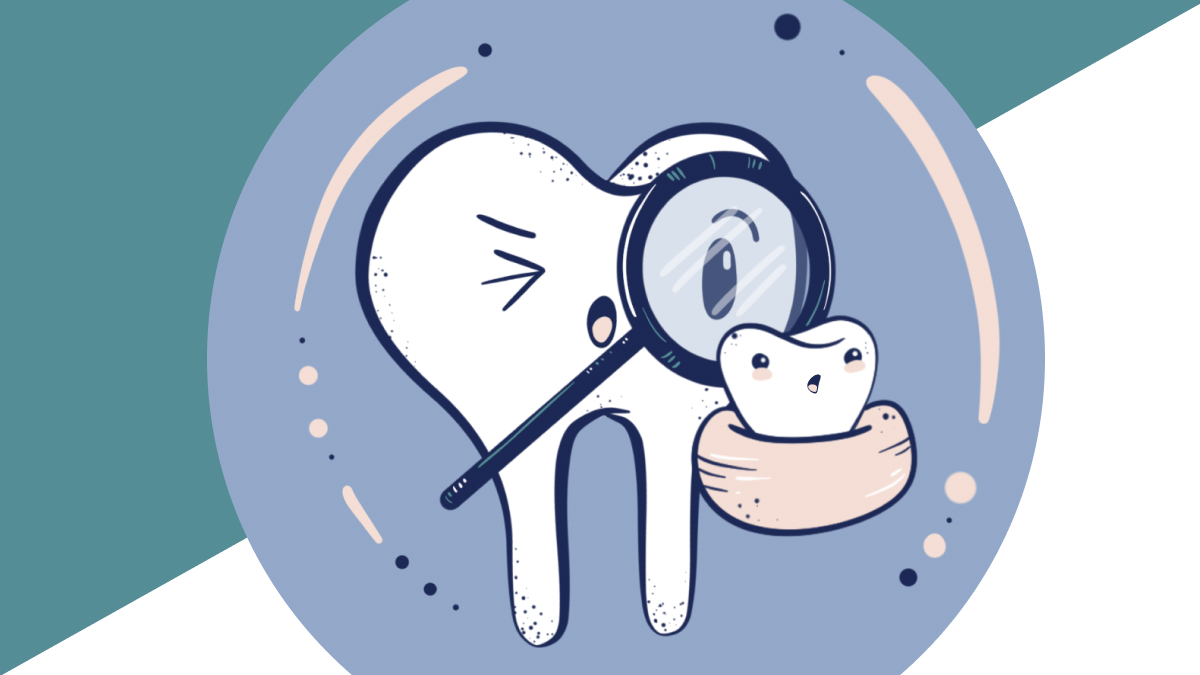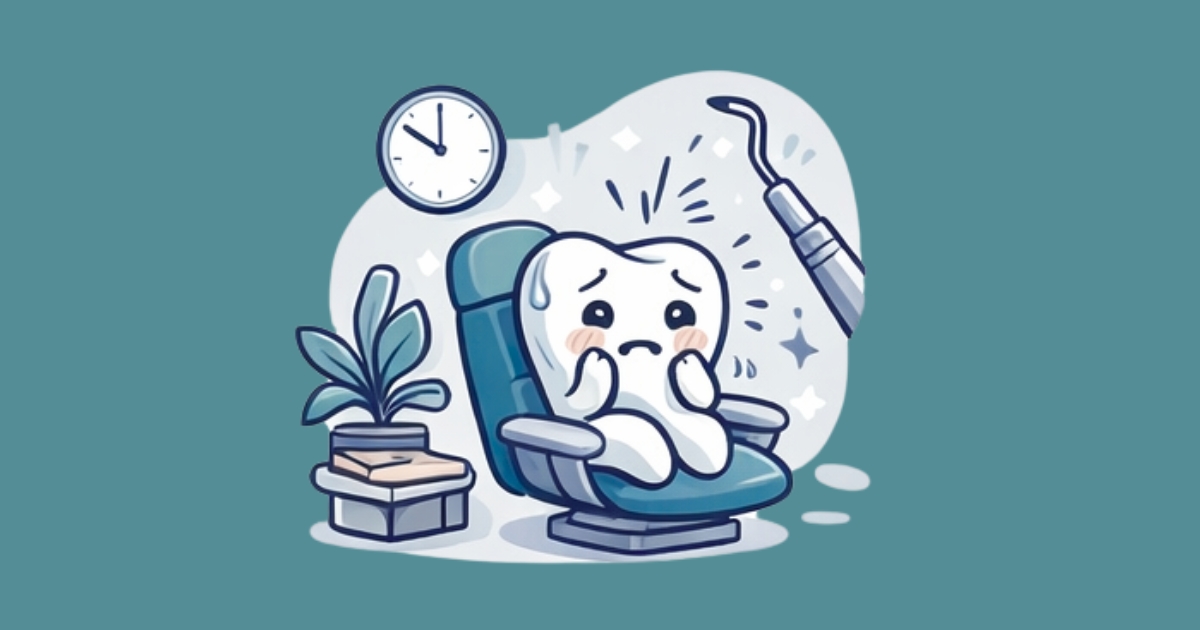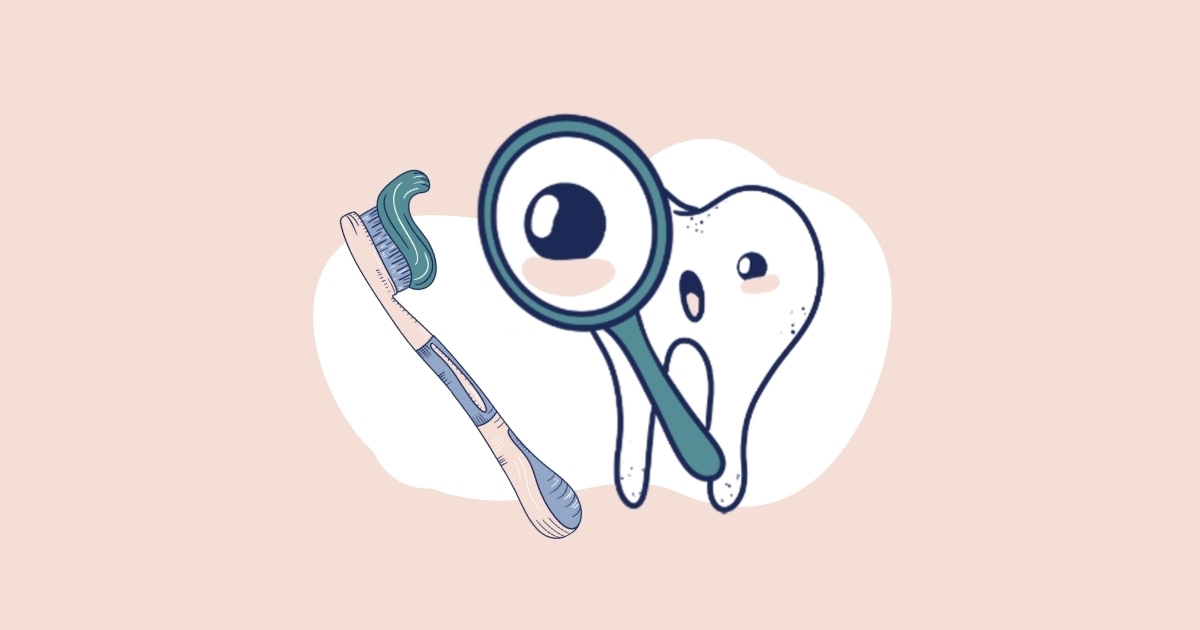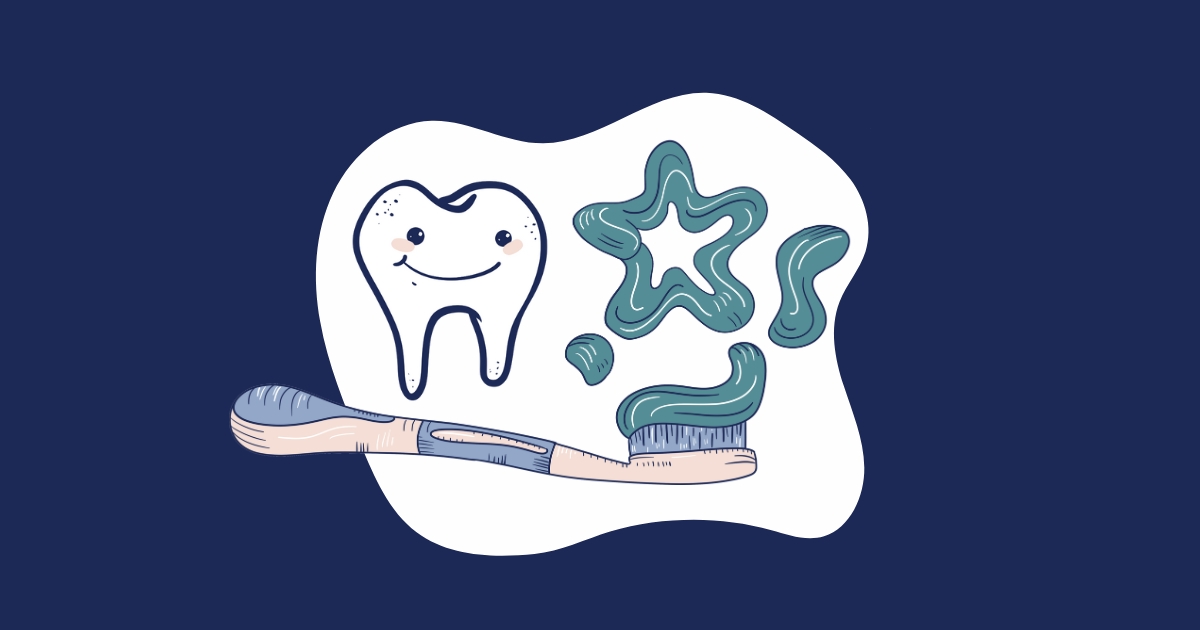Just when you think you're in the clear for dental milestones...your wisdom teeth pop in and join the party.
Wisdom teeth are the third set of molars that usually come in between ages 17 and 21. When situated correctly, they can help you chew. Scholars believe wisdom teeth are the evolutionary answer to eating more raw meats, roots, and vegetables.
Does Everyone Have Wisdom Teeth?
Some people don’t have wisdom teeth, others may have them erupt partially, and others may develop a full set. Studies show that evolution has a lot to do with why wisdom teeth are so mysterious — modern dietary shifts could mean we just no longer need them to survive.
Wisdom teeth are not really functional or necessary today, and it’s quite common to have them removed. If you experience significant pain during the growth of these molars, they probably need to be removed to avoid more severe complications.
When do you know if wisdom teeth removal is the correct answer?
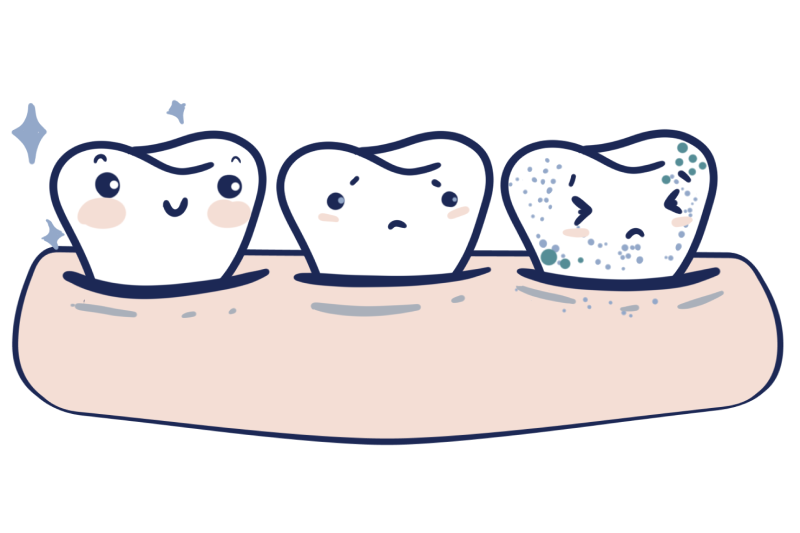
Sensitivity & Pain in the Back of Your Mouth
When the wisdom teeth come in, it is normal to experience a decent amount of discomfort. The best thing to do when you begin to experience the general pain associated with this growth is to see your dentist.
They will perform x-rays and an exam to determine the next steps. Sometimes extraction is not the answer, and general pain can be treated with over-the-counter medication or something prescribed by your dentist.
Gum Inflammation
When wisdom teeth start to sprout, the gums will begin to spread out. As a result, flaps of skin can form around them. Little pieces of food and bacteria can get caught underneath these flaps. Complications can arise if the gums around these molars are not cleaned thoroughly.
When the gums around the teeth become painful and inflamed, it is a condition called pericoronitis.
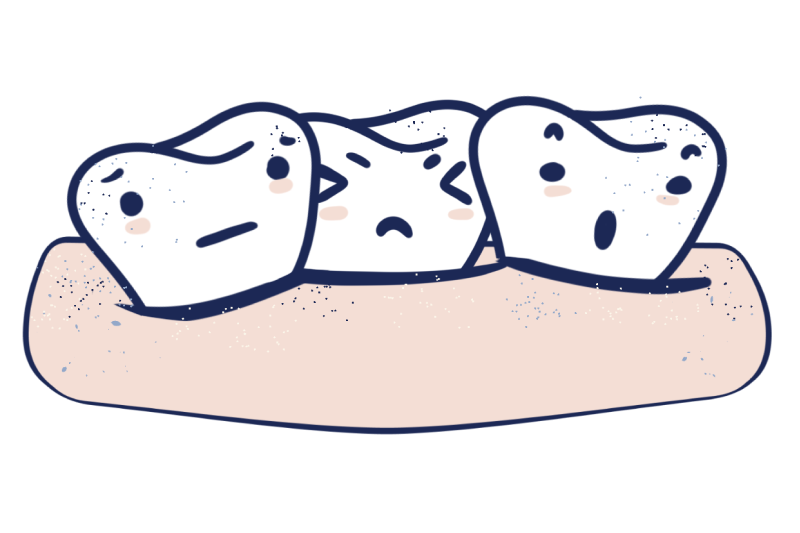
Stiffness and Pain in Jaw
As your wisdom teeth come in, they can push against your other teeth and cause them to move. If you’ve ever had braces, you know that moving your teeth can cause significant discomfort.
When your wisdom teeth come in, and your teeth move, misalignment can make it difficult to open and close your mouth. As a result, you may experience pain while chewing or biting.
Issues with Sinuses
If you experience sinus pain, congestion, and pressure in the upper jaw, the problem could be your wisdom teeth. Tooth and root growth can push against the sinuses above and behind, resulting in headaches and sinus pain.
Cysts and Cavities Developing in Your Mouth
If these particular molars are ignored and not cleaned properly, they can cause cysts and other harmless jaw tumors. A cyst is a fluid sac that accumulates and infects the nearby area. As a result, it will damage the roots of the teeth next to it. Though bone destruction is rare, it can happen due to cysts.
When these teeth come in, and the existing teeth move closer together, it can be harder to keep them clean. Since they are more challenging to clean, it is more likely that bacteria and plaque will hide in the tighter spaces, putting you more at risk for cavities than before.
Hopefully, you have a smooth transition into adulthood with your wisdom teeth. However, if you are experiencing any of the symptoms listed above, Bass Dentistry can help. Schedule an appointment for professional advice and a referral to an oral surgeon if necessary.
Healthy Gums,
Healthy Life
If dental health is important to you and your family, take steps to know how to keep your gums healthy. Gum health is essential to maintaining healthy teeth and overall good dental hygiene. Brush and floss multiple times per day, avoid tobacco products, and use a therapeutic mouthwash.
If you want to know more about maintaining a healthy smile, book an appointment today with Bass Dentistry.

